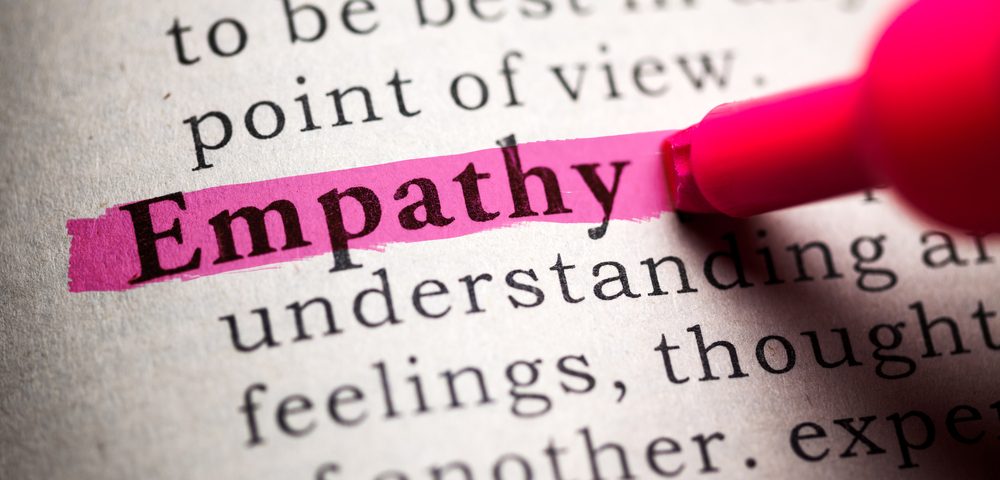Standing By My Mother During Health Challenges

As my mother’s caregiver, I had to learn how to be there for her without allowing my ego to take over.
Sure, logically it seems easy enough to avoid being egotistical while taking care of another human being. But for my mother’s most recent surgery, I had to learn how to step back so that I could be more compassionate. I’ll admit, it is one of the hardest things to acknowledge, but not all of my decisions are made from a place of compassion.
In October 2019, my mother had a double mastectomy. Originally, the plan was to have her breasts removed and have smaller implants to replace what she had lost. Back then, we thought the surgery would be successful. But this year, my mother recently had surgery for tissue expanders. It was a Plan B that no one had expected.
Anyone who has had a double mastectomy knows that the healing process is tough. Providing care is delicate, and the hands of anyone changing gauze or bandages must be very clean. The patient is in a lot of pain while healing, and they can experience leaking, discharge at the surgical site, and chest pains from simply walking, laughing, or breathing.
The doctors had to plan well in advance for my mother’s surgery. They had to take all factors into account when finalizing her medical plans.
The energy on the day of her surgery was intense. My mother’s older brother, younger sister, godbrother, boyfriend, and her child’s father came to support her. The rest of the family made sure to call for good spirits and pray over her before the surgery. We were worried about her vitals, and about her going under with anesthesia because the doctors were concerned about the possibility that she might not wake up.
About six hours later, my mother was in the recovery room. Her implants looked great, and she was happy to make it through surgery. We brought her home a couple days later, and she was fine until we began seeing signs of infection. We took her back to the hospital, where doctors had to make the tough decision to remove the implants and scrape the affected surrounding tissue.
Her only hope of having breasts again was to use tissue expanders. If she could slowly stretch the skin and allow it to heal over time, she might successfully have breasts. My mother’s boyfriend and I did not agree with the idea of tissue expanders. We were coming from a place of concern; if she experienced this infection again and it turned into sepsis, we would be devastated.
My mother just wanted to feel like herself. Scleroderma had damaged her lungs and esophagus, while ANCA vasculitis had damaged her kidneys. Developing cancer was the icing on the cake. She wanted to feel like a woman, and her breasts were important in that aspect!
Supporting loved ones who have chronic diseases is a completely selfless act. In the beginning, my family and I were uncertain about how to support my mother. She would sometimes be exposed to ableist comments and judgment regarding some of her decisions. Thankfully, other people provided her an open ear and a shoulder, which allowed her to spill her guts, cry, and complain.
For a while, I didn’t know how to address my mother’s needs. Being close to her makes it complicated to be objectively available. Being vulnerable is difficult for me, because over time, I had built a hard shell around my emotions to be there for her, especially during surgeries. When my mother ultimately decided to have the tissue expanders, I was forced to learn to avoid passing judgment.
The main thing to remember is that it’s OK to make mistakes while caring for your loved ones. Boundary lines are blurred with love and pain. When I finally understood that, I was able to stop constantly fighting with my mom. I wanted her to see that she didn’t need her breasts to be beautiful, but my arrogance prevented me from recognizing the emotional changes my mom was going through.
I thought that choosing implants and more pain was ignorant. But I was far from correct.
By recognizing this, I could eventually bask in my mother’s newfound happiness. Her tissue expander surgery was successful. As she heals, she talks about her new breasts like a girl going through puberty. It’s sweet to experience, because she feels like the woman she wants to be, and more importantly, she feels happy.
I’m happy, too, because my mother now feels like she has something to look forward to, and I can enjoy her happiness again.
***
Note: Scleroderma News is strictly a news and information website about the disease. It does not provide medical advice, diagnosis, or treatment. This content is not intended to be a substitute for professional medical advice, diagnosis, or treatment. Always seek the advice of your physician or other qualified health provider with any questions you may have regarding a medical condition. Never disregard professional medical advice or delay in seeking it because of something you have read on this website. The opinions expressed in this column are not those of Scleroderma News or its parent company, Bionews, and are intended to spark discussion about issues pertaining to scleroderma.







Leave a comment
Fill in the required fields to post. Your email address will not be published.